Similar posts
I get lost in parking lots. So does my older son. We don't have the best visual memory. I'm sure it stems from a lack of visual attention and distractions but either way, I lose my way often enough. I've come up with little tricks so I can find my car when I come out of the grocery store or remember my way back out of a conference center.
Many children with sensory processing disorders, autism or other neurological challenges have trouble with visual memory, visual processing, visual sequencing, reading, tracking and hand-eye coordination. Sometimes you see this as forgetting their way through a building, poor sense of direction, slow or struggling readers, not excelling in sports, challenged in spelling and so on. There are several professionals who can help out in this area such as behavioral optometrists, occupational therapists and reading specialists with each specializing in a different area. If you suspect a child has difficulty in one of the aforementioned areas, you may want to suggest an evaluation. There are therapies and programs that can assist.
In addition, there are some great tips that can help buildup visual skills and below are some of my favorite:
1) Visual memory games: There are games like I Spy, matching card games. In fact many board or card games (try Spot It!) use discerning visual skills and can over time (with practice) actually improve both visual memory and visual processing.
2) What is Missing? I made this game up with my kids when they were little. Pick 3-7 random objects based on the age of your child. Have them look at the objects for 1 minute. Then have them close their eyes. Remove 1 object. Then have them open their eyes and they have to figure out which one is missing.
3) Talk it Through: When walking somewhere talk about the visual cues that you see along the way. Then have your child remind you of the same cues on the way back.
4) Ball on a String: Hang a tennis ball or small beach ball on a string from a suspended hook, deck, or overhanging. Then have your child whack at it with a bat or a stick. Great for hand-eye coordination and getting out frustration too!
5) Beanbag bulls-eye: Set up a beanbag toss game with a target to aim at (pillow, empty box, punching bag, etc)
6) Paper Pencil Games: Mazes, Dot-to-Dot, Word Search, Crossword Puzzles, Find What's Missing. These games all work the eyes with tracking, memory and discernment skills
7) What's Different? This is a great social game. Choose one child in the group to stand up in front of everyone. Let everyone look at him for about 30 seconds. Then take him out and change one thing on him (his hair, unbutton a button, untie a shoe, etc). Then send him back in and see if the other kids can figure out what changed
So, give these ideas a whirl and stick with them for a few weeks. You may just "see" a world of difference!

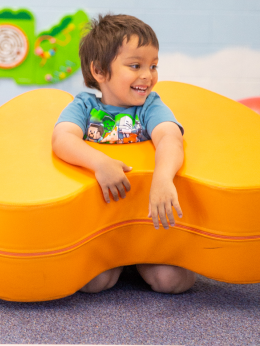

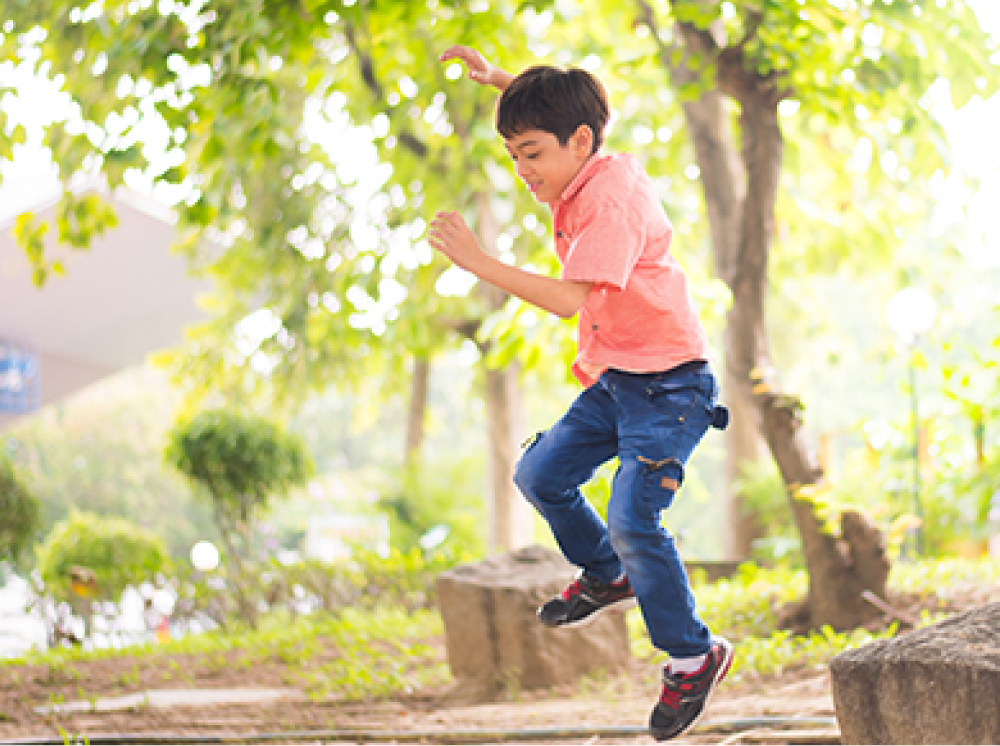
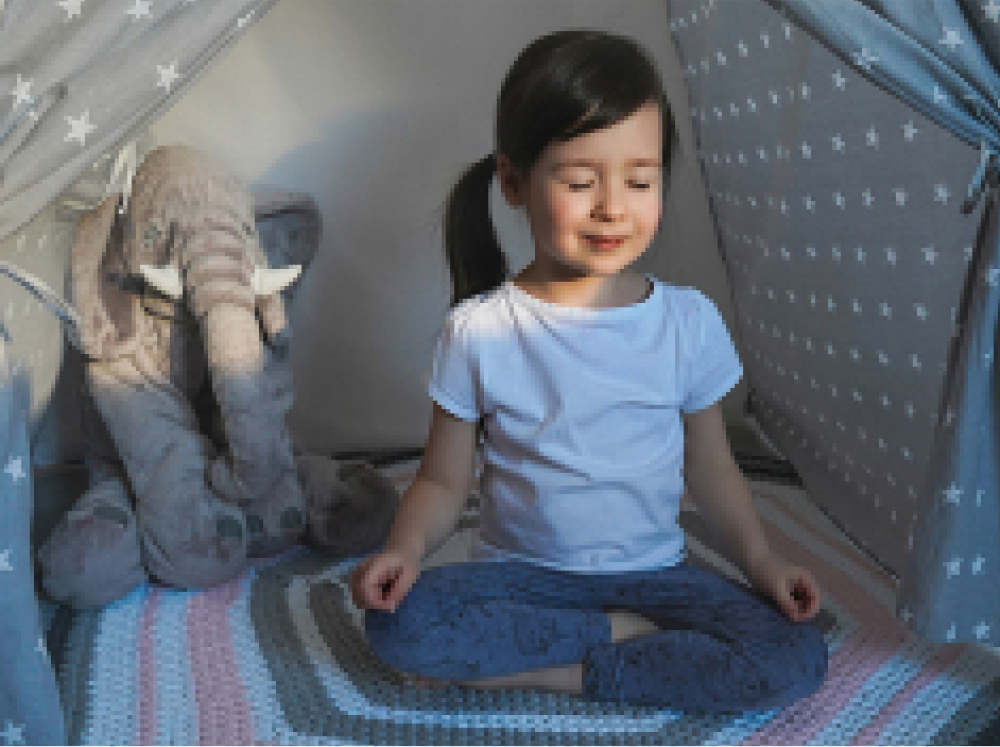
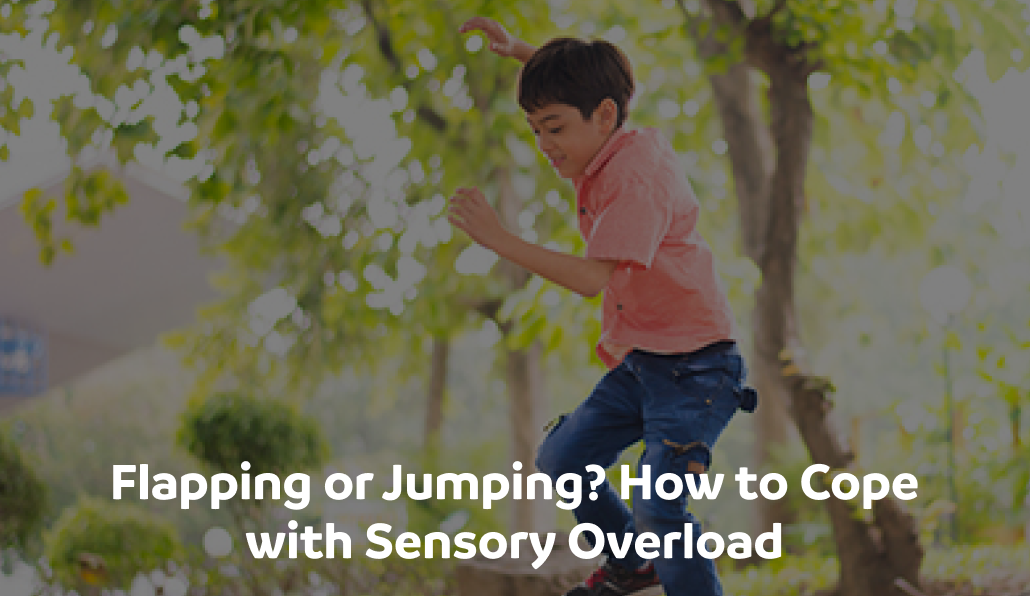
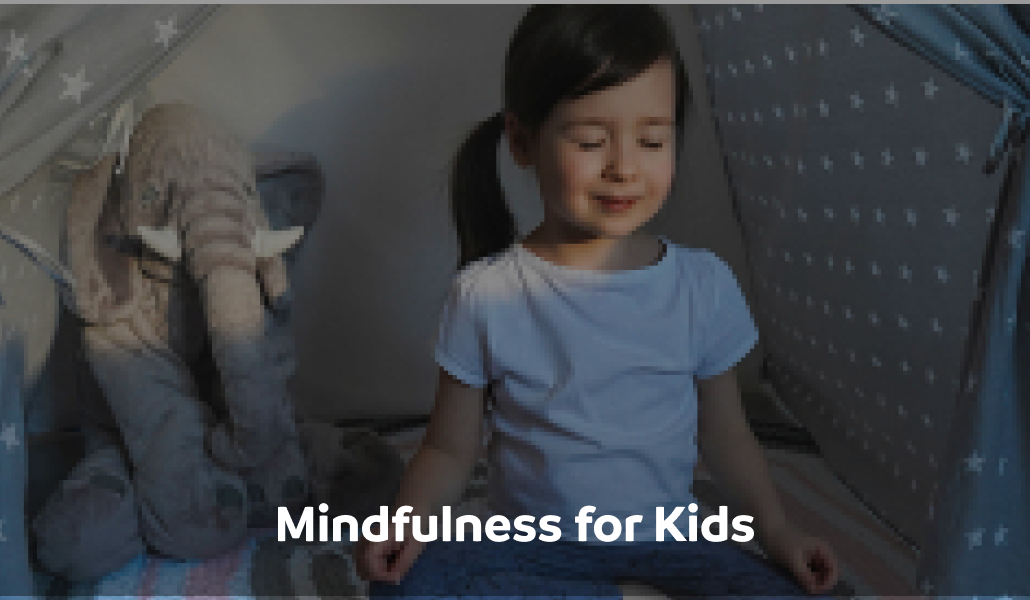
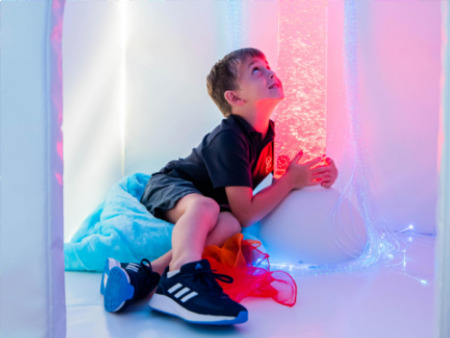
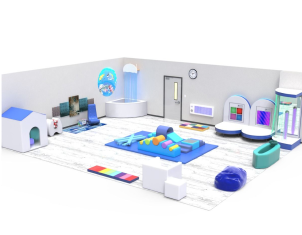
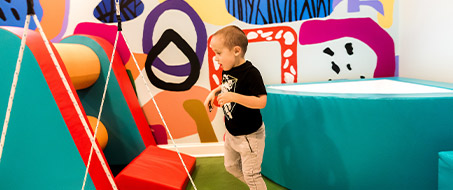
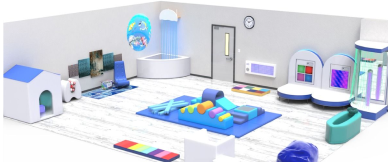
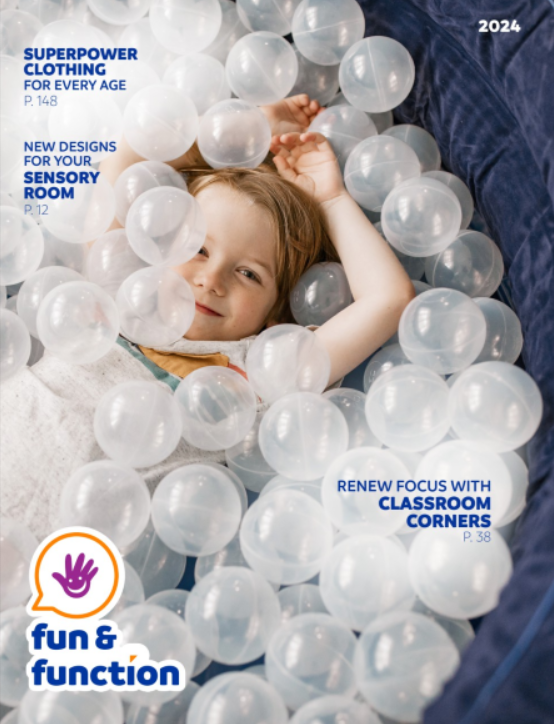
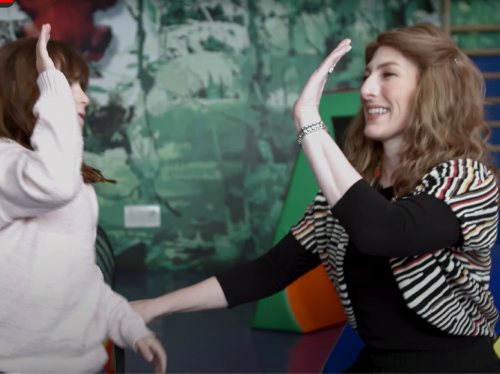
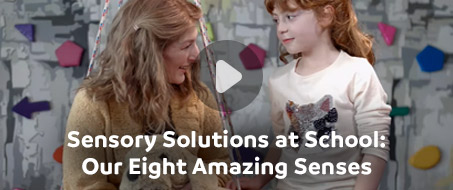
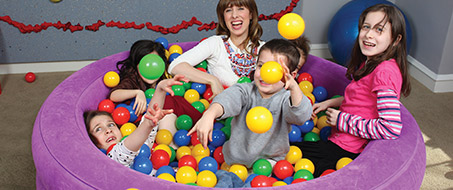

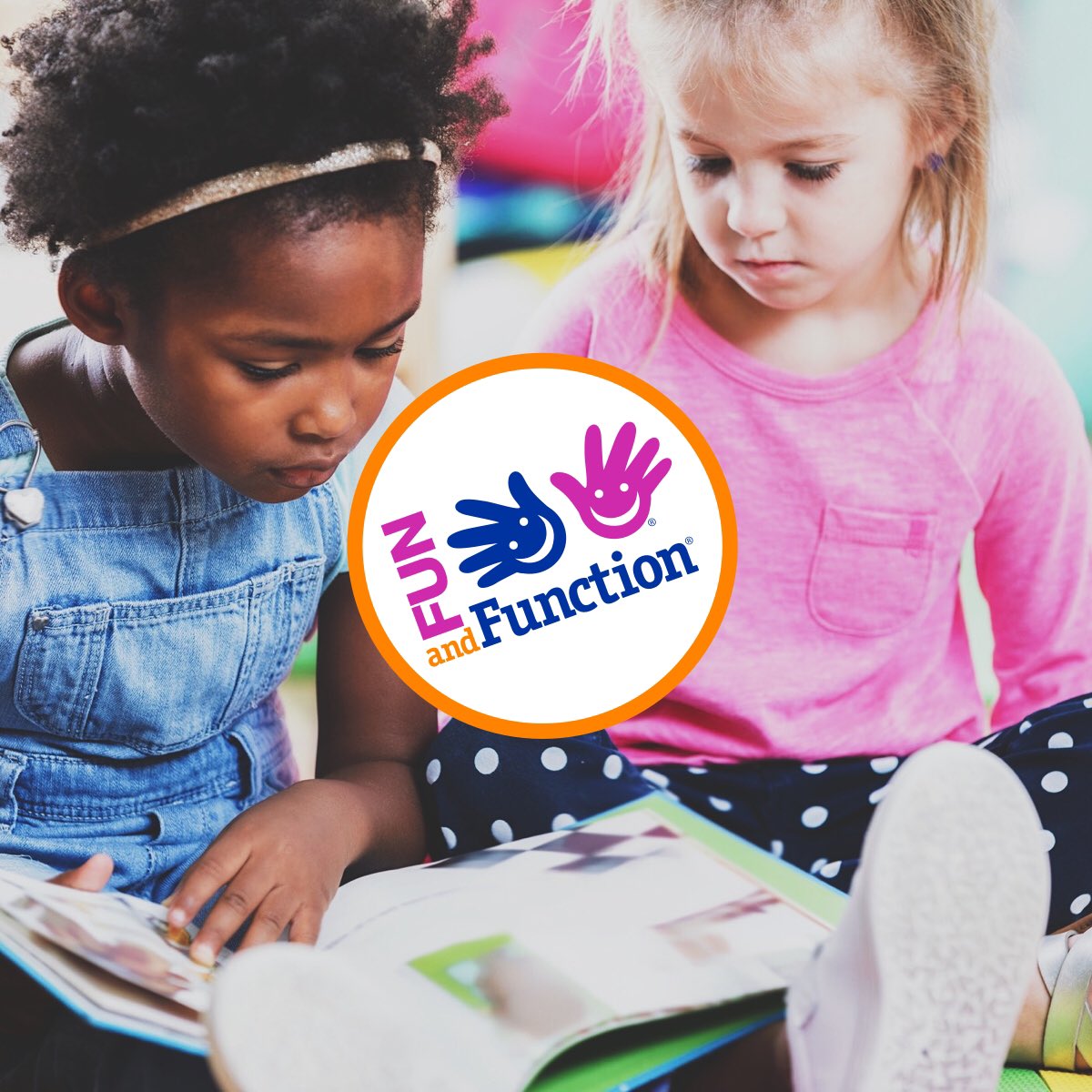





Comments